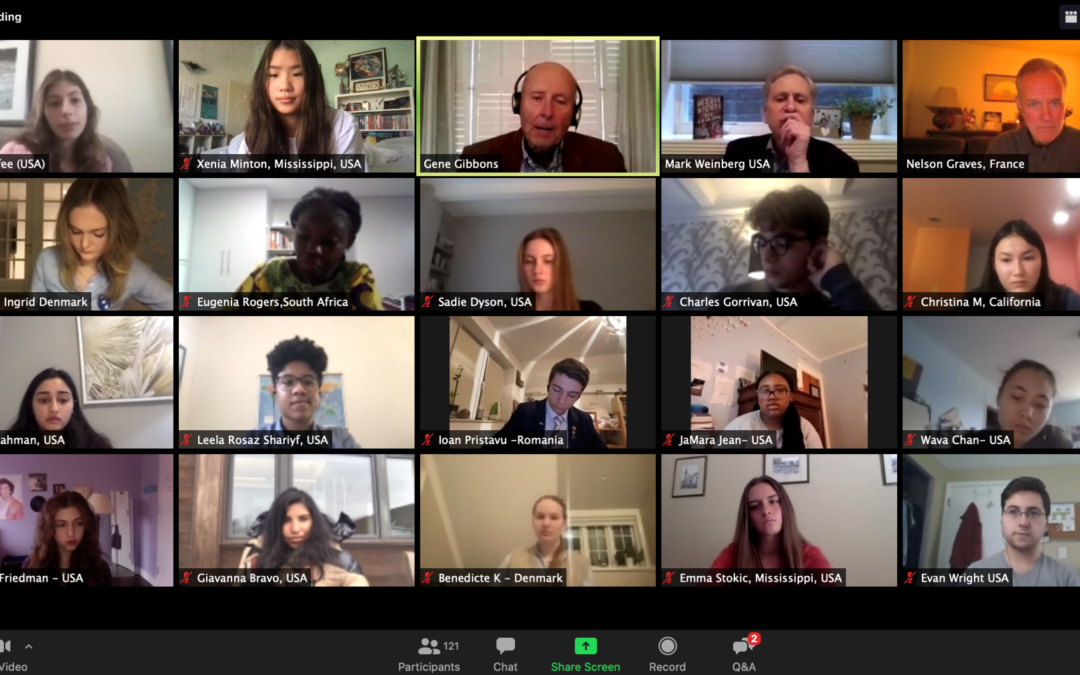
by Nelson Graves | 20 Jan 2021 | Americas, Donald Trump, Future of Democracy, Human Rights, Joe Biden, News Decoder Updates, Politics
In a shift from the Trump administration, Joe Biden and Kamala Harris will not tolerate white supremacy, two experts tell a News Decoder webinar. Joe Biden and Kamala Harris will strive to restore respect for racial and ethnic diversity in the United States and not...
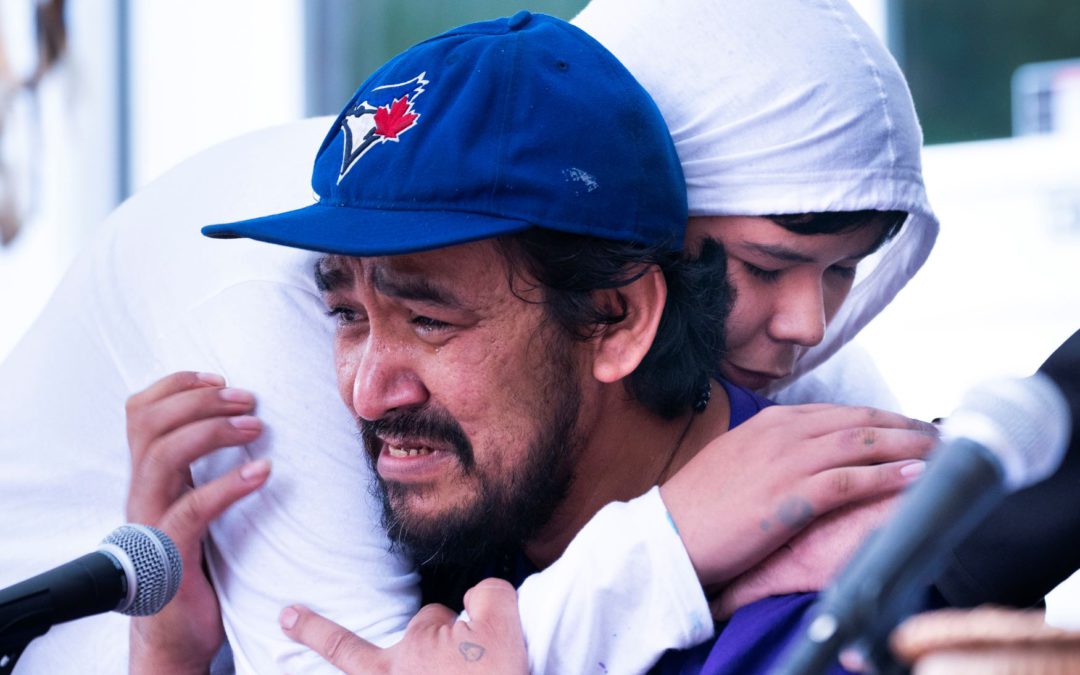
by Natasha Comeau | 13 Jan 2021 | Americas, Educators' Catalog, Health and Wellness, Human Rights
Overcrowding, a flow of migrants, lack of resources — so many reasons Indigenous communities in Canada and elsewhere are vulnerable to COVID-19. Carol Dube, husband of Joyce Echaquan, is hugged by one of his sons as he breaks down while reading a statement in...
COVID-19 is a monumental news story, and Natasha Comeau has trained her reporting lens on Indigenous communities in Canada to capture a larger truth — that underprivileged peoples around the world are suffering disproportionately from the coronavirus. Her reporting is supported by an interview with an expert who predicted how many ventilators hospitals would need for COVID-19 by studying the H1N1 virus, which struck the United States in 2009. Comeau’s story is an example of how scientific research, on the surface obscure, is actually relevant to everyday concerns. Like MacCorkle, she uses simple language that non-experts can understand, ensuring the piece resonates with a broader audience.

by Nelson Graves | 11 Jan 2021 | Americas, Eyewitness, Government, Joe Biden, News Decoder Updates
News Decoder correspondent Gene Gibbons covered six U.S. presidents. His White House memoir offers portraits of presidents, a queen and a pope. He covered six U.S. presidents as a White House correspondent, and now he has written a memoir that offers an inside look at...

by Barry Moody | 7 Jan 2021 | Europe, Government, Nationalism
Despite a Brexit deal with the EU, Boris Johnson’s popularity as UK leader has plunged as COVID-19 wreaks havoc, with his foibles on display. British Prime Minister Boris Johnson departs 10 Downing Street for parliament in London, 30 December 2020. (EPA-EFE/ANDY...

by Deborah Charles | 5 Jan 2021 | Americas, Donald Trump, Eyewitness, Future of Democracy, Government, Joe Biden
Donald Trump’s efforts to overturn the U.S. presidential election and COVID-19 ensure an uneasy transfer of power to President-elect Joe Biden. U.S. President-elect Donald J. Trump shakes hands with Vice President Joe Biden as he arrives for his inauguration on...
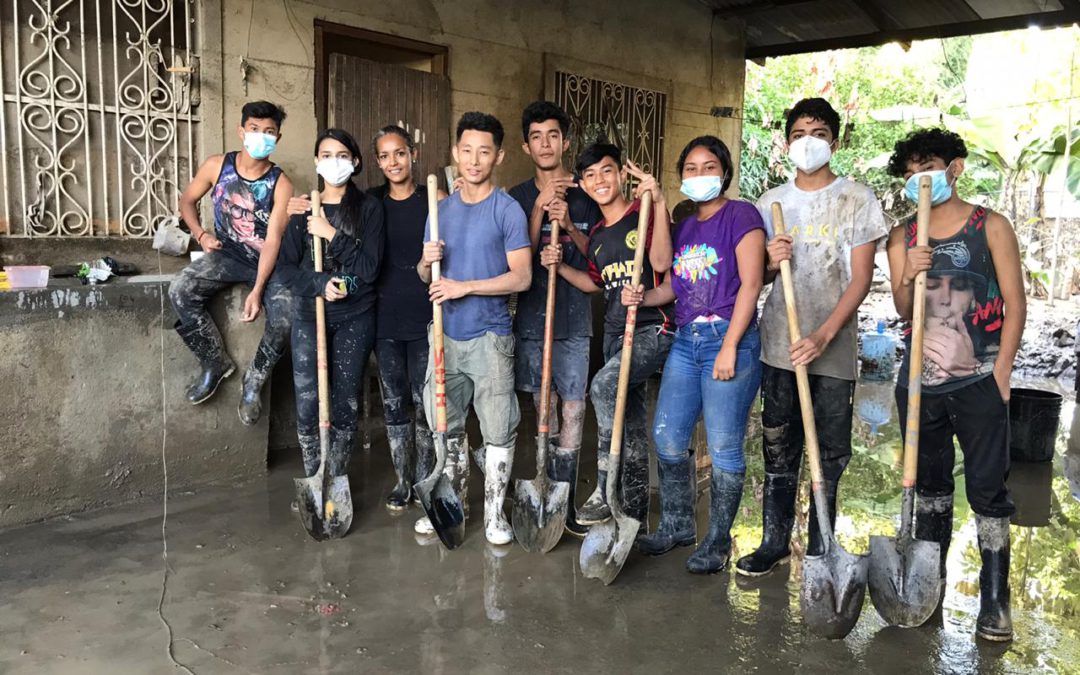
by Natalie Jesionka | 31 Dec 2020 | Americas, Health and Wellness, University of Toronto Journalism Fellows
A Honduran nonprofit that builds schools and tackles poverty hopes to outlast the pandemic. Its financial hardship is shared by nonprofits globally. Shin Fujiyama, fourth from left, and colleagues in Honduras (Photo courtesy of Shin Fujiyama) Shin Fujiyama has spent...
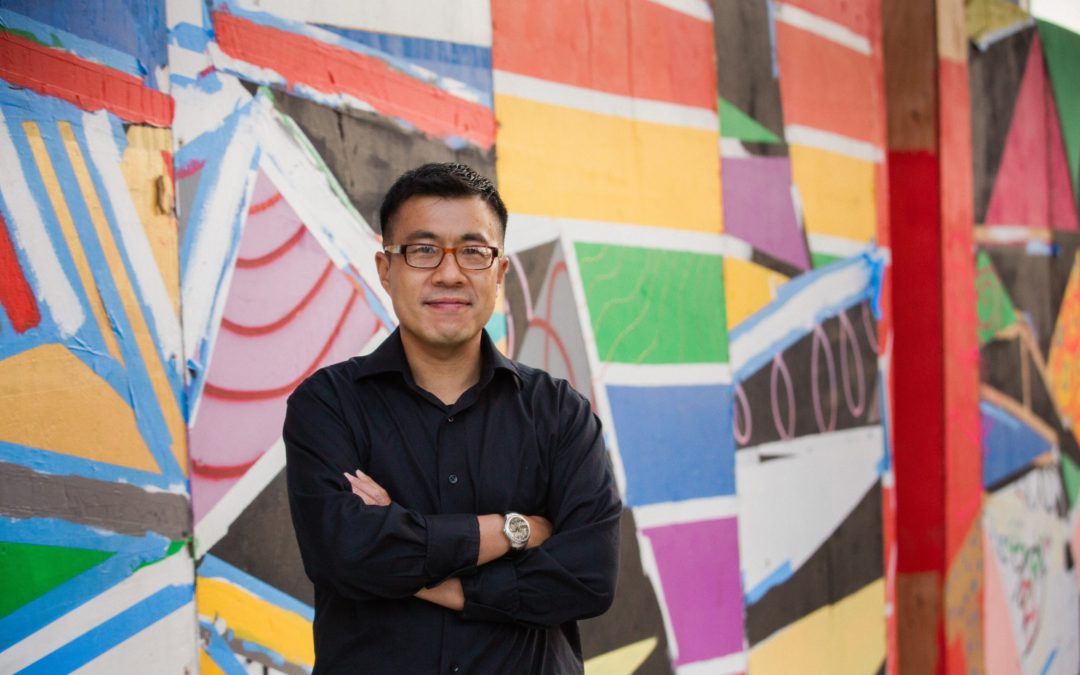
by Elena Townsend-Lerdo | 23 Dec 2020 | Contest winners, Contests, Educators' Catalog, Human Rights, Student Posts, Thacher School, United States, Youth Voices
Prisoners run a newspaper from inside a California jail. The monthly raises awareness of social justice issues and offers a new chance to convicts. Jonathan Chiu (Photo by Christie Goshe) This story won a third prize in News Decoder’s Ninth Storytelling Contest....
Elena Towsend-Lerdo introduces us to a convicted murderer who finds redemption at a newspaper run by prisoners in California’s oldest jail. The San Quentin News is online and accessible to readers around the world. Townsend-Lerdo interviews Jonathan Chiu, who was released after serving 16 years of his 50-year sentence, and a journalism professor who trains prisoners, providing first-hand insight into incarceration and rehabilitation. Those are meaty issues, but the student at La Jolla Country Day School avoids sweeping statements to offer us a peek into the U.S. criminal justice system and a unique path to atonement. Who could your students interview to learn about criminal justice?

by Joy Chinaza | 9 Dec 2020 | Africa, African Leadership Academy, Contest winners, Educators' Catalog, Eyewitness, Future of Democracy, Human Rights, Personal Reflections, Politics, Student Posts, Youth Voices
I joined protests against police brutality in my home country of Nigeria and saw them almost become a war, then a rude awakening for youth. Protesters in Umuahia, Nigeria, October 2020 (All photos courtesy of Eje Studios) This story was a runner-up in News...
Joy Chinaza takes us into the streets of Nigeria to join young people protesting against police brutality. Like youth elsewhere this year, she is driven by anger over rights abuses perpetrated by police charged with protecting civilians but who instead turn weapons against minorities. A shared sense of injustice motivates Chinaza and millions of others around the globe, making her story a metaphor for youthful outrage. But the personal details in the tale by the African Leadership Academy student, including the beating her own brother suffers, add poignancy that sets her account apart. Make sure students note how the first-person pronoun draws them into the story. And how her outrage — so common among youth — is tinged with ambiguity at the end.

by Stella Mapenzauswa | 7 Dec 2020 | Africa
Many Africans see religion as a path to prosperity. Self-professed prophets are soliciting church donations that bankroll their own lavish lifestyles. Anointing water from T.B. Joshua’s Synagogue, Church of All Nations in Johannesburg, South Africa, 14 February...
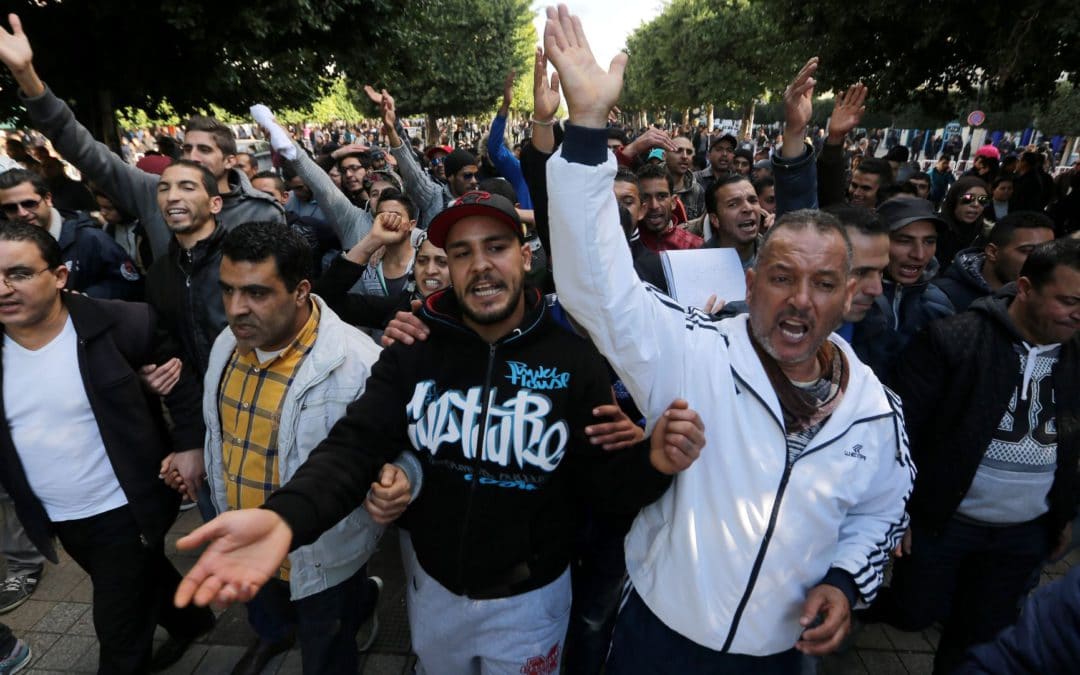
by Herchi Abdslem | 4 Dec 2020 | Africa
My friend Zied was bright and destined for a great career. Instead, he quit school — like so many students in Tunisia who opt for dropping out. Unemployed graduates demonstrate in Tunis, Tunisia, urging the government to provide them with job opportunities, 22 January...










